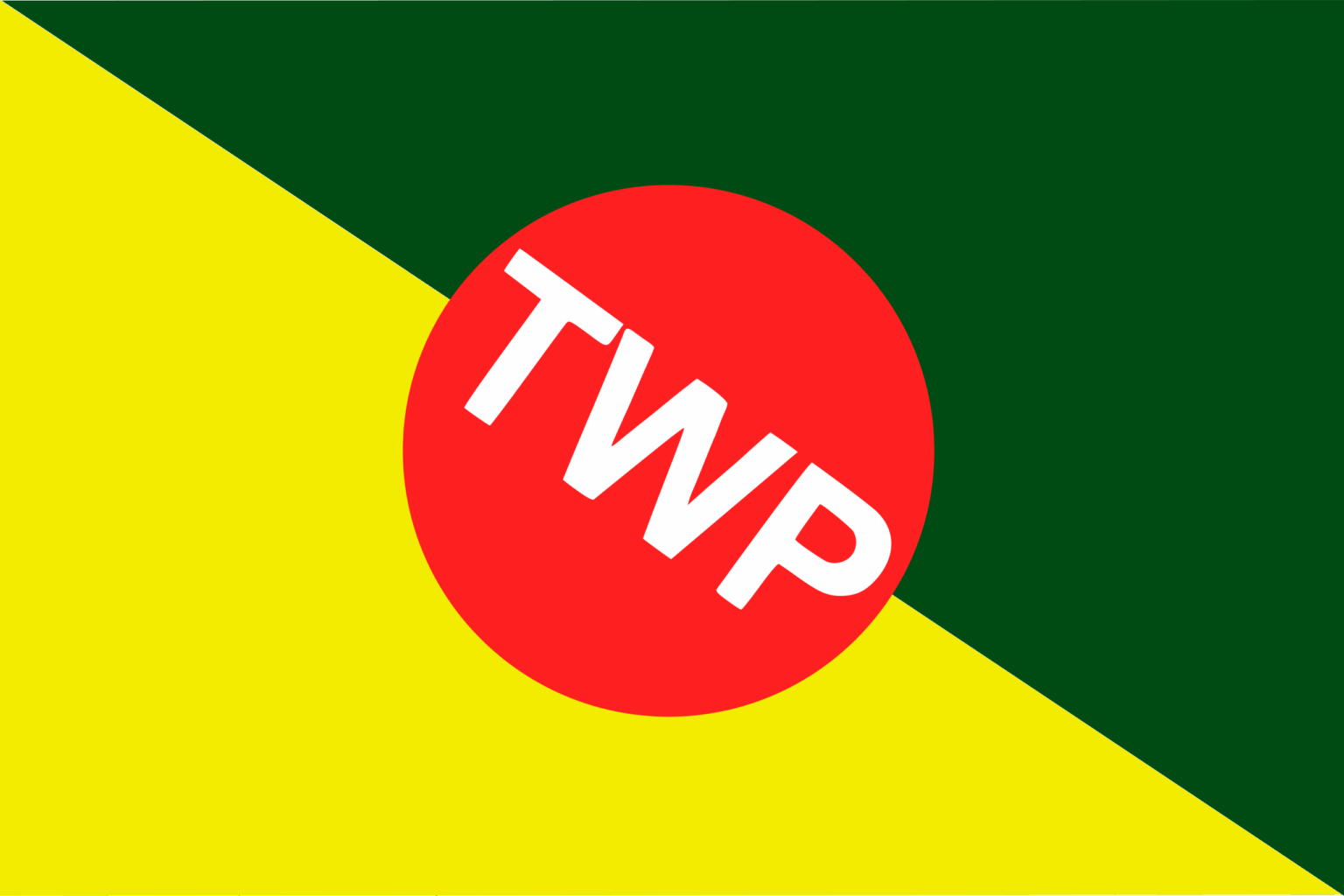In Summary
Many parties on this list came to power for the first time after independence or during the national upheaval period, allowing them to dominate the early regime structures.
Like the CCM and MPLA, some have ruled in 2025, while others, like TWP and RPT, ruled for decades before they were replaced.
Whether they are still active or part of history, their long grip on power, national policies, economies, and democratic institutions can be positive or not.
Deep Dive!
When political parties remain in power for decades, they do not only rule, they become part of the identity of the country. In many African countries, parties leading the recovery of freedom movements or post-struggle continued to rule for a long time. Some were in power through elections, constitutional changes, or military support. But they all left a political legacy that cannot be ignored. These are the ten longest-lasting political parties in Africa by 2025, ranked in power by stories behind their years and their dominance.
10. Socialist Party of Senegal (PSS) – Senegal

Senegal’s Socialist Party ruled the country’s independence in 1960 until its election defeat in 2000; it became a 40-year rule, which defined the politics of modern Senegal. Under leaders such as Leopold Sedar Senghor and Abdou Diouf, the party created strong institutions and promoted political stability, even allowing for democratic reforms in its later years. Its final peaceful exit helped to establish Senegal’s reputation as one of the most stable democracies in Africa.
9. Rally of the Togolese People (RPT) – Togo
In 1969, the President formed under the Gnassingbe Eyadema, RPT maintained his grip on Togo for 43 years before its dissolution in 2012. For most of its rules, Togo served as a one-sided state with limited political freedom. Nevertheless, the effect of RPT did not end with its disintegration; It was replaced by the Union of the Republic (UNIR), which continued to rule under Faure Gnassingbé, son of Eyadéma. The structures and networks manufactured by RPT still shape the political landscape of Togo.
8. Democratic Constitutional Rally (RCD) – Tunisia
RCD, earlier known as the Neo Destour Party, operated in Tunisia for 47 years, from 1964 until it was dissolved in 2011 after the Arab Spring. During that period, it took care of both modernization and totalitarianism, first under President Habib Bourguiba and later under Zine El Abidine Ben Ali. Although Tunisia saw progress in education and women’s rights, political dissatisfaction was heavy. The collapse of RCD marked a significant turn in North African politics and inspired a wave of regional rebellions.
7. Zimbabwe African National Union-Patriotic Front (ZANU-PF) – Zimbabwe
Since the independence of Zimbabwe in 1980, in power, ZANU-PF has ruled for 45 years by 2025. Initially, under the leadership of Robert Mugabe, the party deployed itself as the face of liberation and black empowerment. Over time, its rule became more controversial due to economic collapse, land reform issues, and human rights violations. Today, the party still dominates under the rule of President Emmerson Mnangagwa, despite the increase in protests and economic instability.
6. People’s Movement for the Liberation of Angola (MPLA) – Angola
Since independence in 1975, Angola has been ruled by the MPLA; it will celebrate a 50-year tenure at the end of 2025. Initially born out of the anti-colonial struggle against Portugal, the MPLA accepted that country’s surrender in 1974 but went on to lead during the civil war and post-war reconstruction. While peace and infrastructure development have come to the country under the MPLA, critics say its rule has been marred by corruption and inequality.
5. Liberation Front of Mozambique (FRELIMO) – Mozambique
For 50 years, since the 1975 independence, power in Mozambique has been held by FRELIMO. Although originally a Marxist movement, it evolved into a largely uncontested political force despite years of civil war and economic suffering. Not only did it keep power through elections, which it largely won, but it also kept power through conflict and peacemaking. As of 2025, it rules a country where the political debate is significantly concerned with transparency and democracy.
4. Congolese Party of Labor (PCT) – Republic of Congo
From 1969 to 1992, in a joint 51-year office between its two stints, then from 1997 to the present – the PCT Congress has been a major force in politics. Established as a Marxist-Leninist Party, it controlled the country through a one-sided system before losing power briefly in the 1990s. It returned to power under President Denis Sassou Nguesso, whose leadership has since placed PCT at the center of congregation governance.
3. Botswana Democratic Party (BDP) – Botswana
From 1966 to 2024, BDP operated Botswana for 58 years, one of the longest continuous democratic rules on the continent. Known for strong institutions and frequent economic development, especially through the revenue management of diamonds, BDP earned global praise. However, demands for increasing inequality and change ended its uninterrupted rule. Nevertheless, its decades-long governance helped define Botswana’s reputation as one of the most stable democracies in Africa.
2. Chama Cha Mapinduzi (CCM) – Tanzania
CCM has been in power since 1961, when it began as TANU under Julius Nyerere, later merged with the CCM in 1977. Now in 64 years of power, it is Africa’s longest active party. The CCM has faced socialist starts, economic changes, and political reforms while maintaining national control. Despite increasing political opposition and criticism of media sanctions, CCM’s ability to customize and maintain the support keeps it in the heart of Tanzania’s politics in 2025.
1. True Whig Party (TWP) – Liberia
TWP holds a record for the longest uninterrupted party rule in Africa, surprisingly in power for 102 years from 1878 to 1980. American-dominated, dominating-freed American slaves’ deformities party ran Liberia as an aristocratic state for more than a century. It collapsed after a military coup led by Samuel Doe, which was seen as a rigid, class-based system by many. TWP’s legacy still echoes in Liberian politics.

